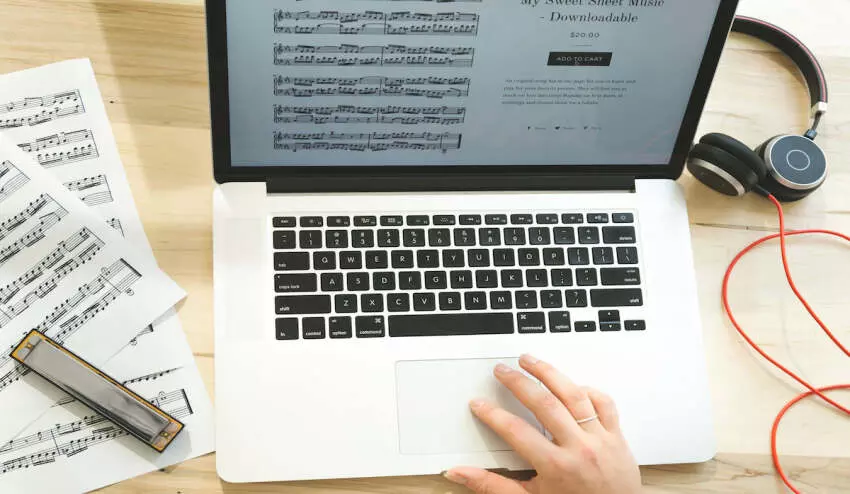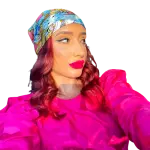
Google’s New AI System MusicLM Creates Music From Text
Google introduced MusicLM, an advanced AI system that can generate complex music from text prompts.
While Google is no stranger to using a generative artificial intelligence system for music, MusicLM is its most complex to date.
Much like what ChatGPT is to prose, MusicLM is to sound: this AI tool can generate music of any genre from text descriptions, and it’s the first to create music with high-fidelity and complex composition.
Google’s official statement highlights MusicLM’s advanced capabilities. In addition to generating music at 24kHz for several minutes, it also “outperforms previous systems both in audio quality and adherence to the text description” and “can be conditioned on both text and a melody [to] transform whistled and hummed melodies according to the style described in a text caption.”
According to Google, Music LM was trained on 280,000 hours of music to compose songs from descriptions like “Berlin ’90s techno with a low bass and strong kick.” On top of music-related directives, the system can turn descriptions like “time to meditate” and “time to run” into melodies inspired by these moods.
Additionally, the system can create songs based on a specific instrument and genre or a combination of a picture and a caption, and can even turn descriptions of famous paintings into melodies. MusicLM is also capable of producing vocals, although some samples have a distorted quality, which is a common side effect of AI voice technology.
So far, Google has released samples of MusicLM-generated songs but doesn’t plan to make the system available to the public due to ethical and legal concerns.
About 1% of the music created by this AI tool is a direct copy of the songs used for its training, which is a high enough risk to keep Google from making the current version of MusicLM widely available. It reportedly won’t be released until Google finds a way that’s fair and legal for both creators and the general public to use it – but once it does, it might significantly change how artists create and promote their music in the future.













